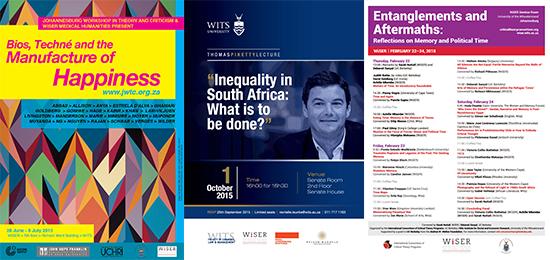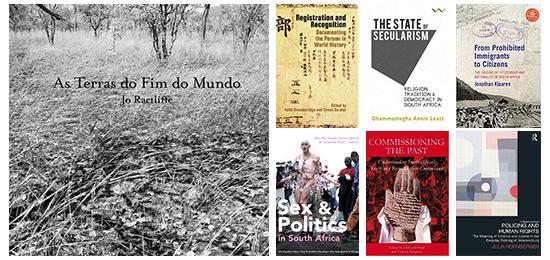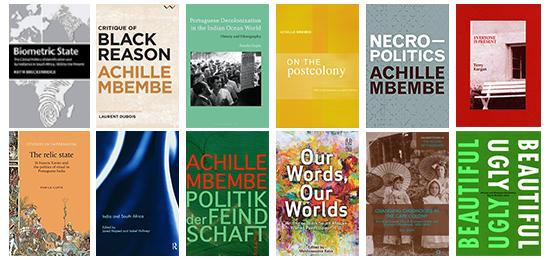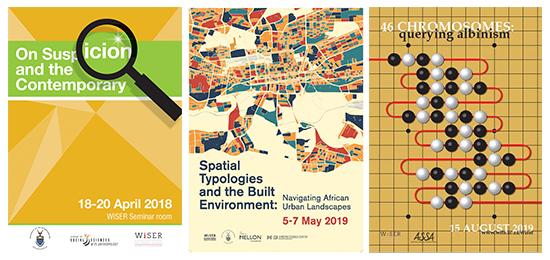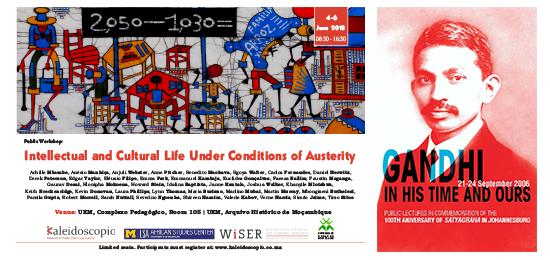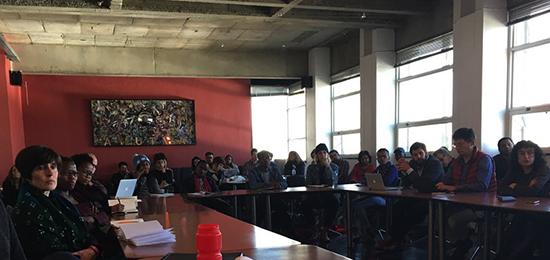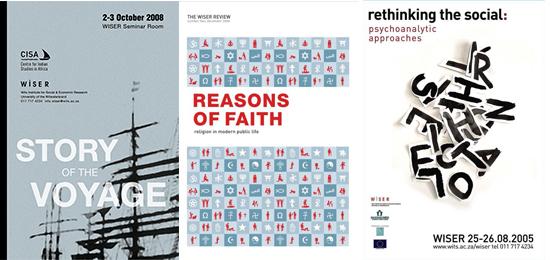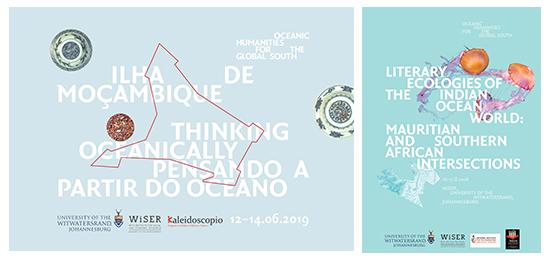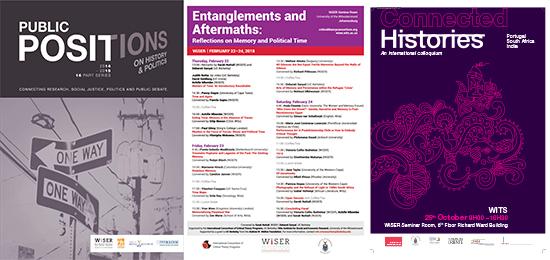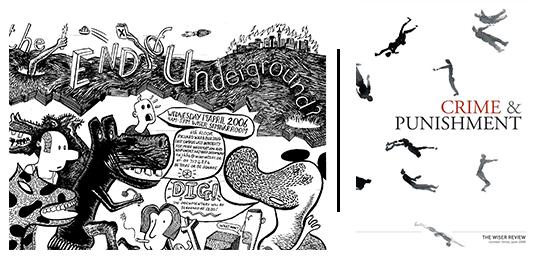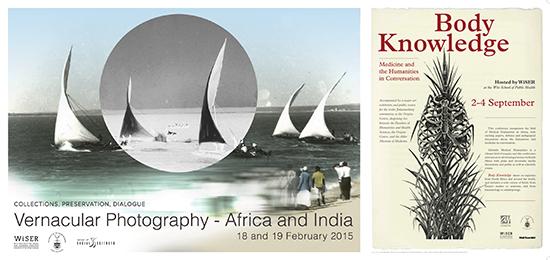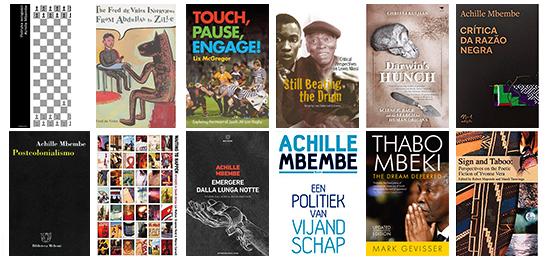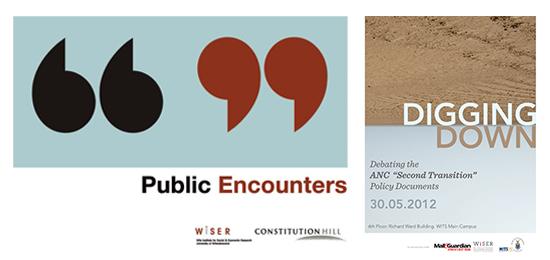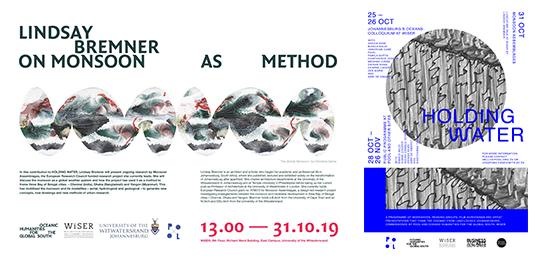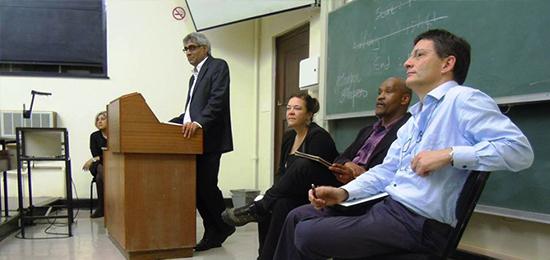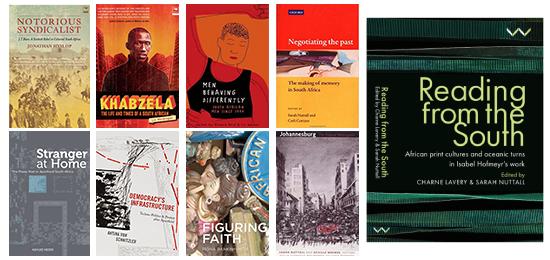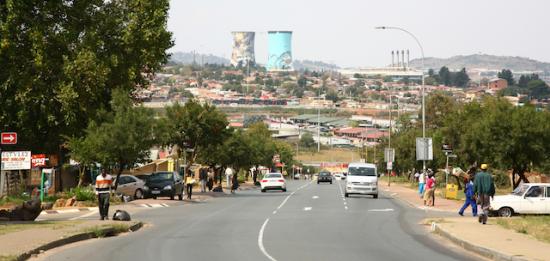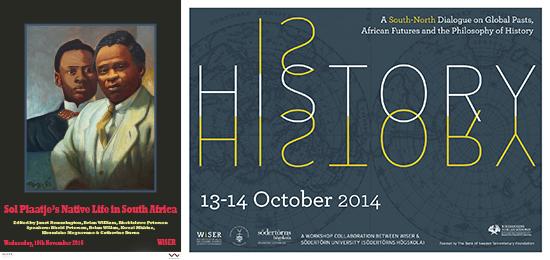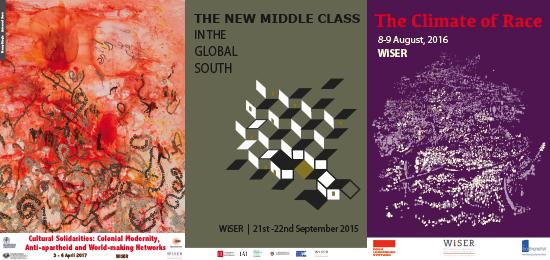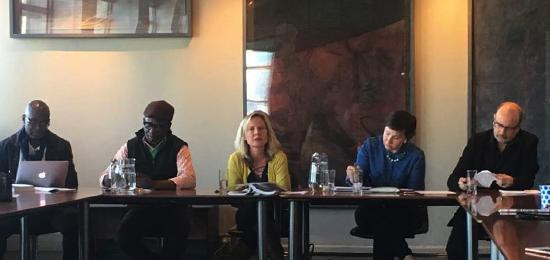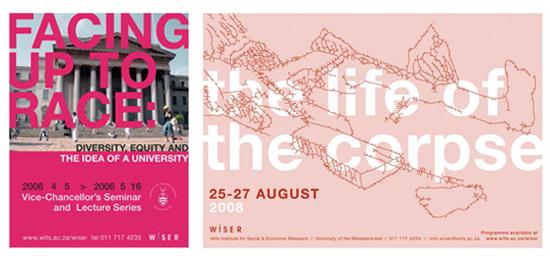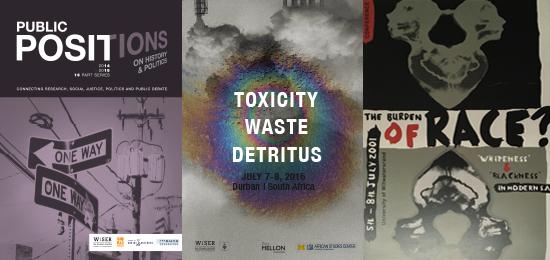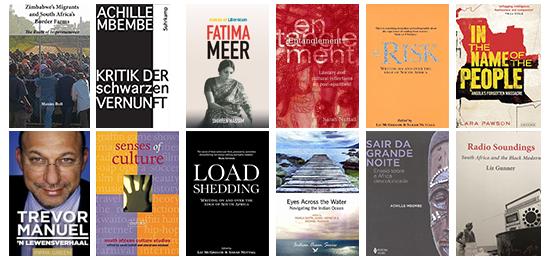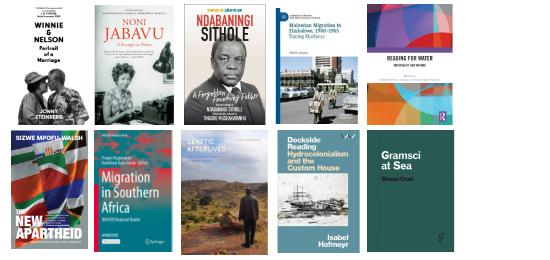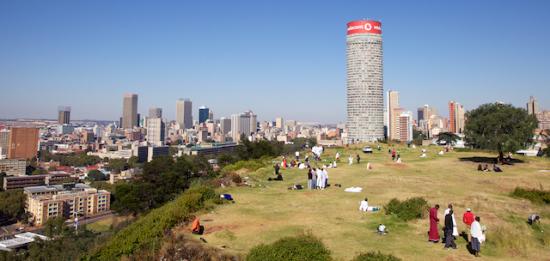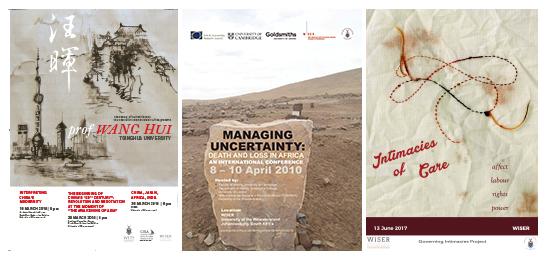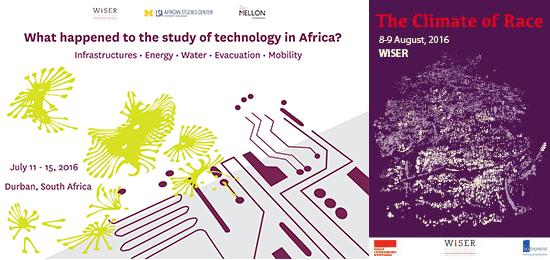WIPES | Public Panel Discussion of Yuen Yuen Ang's China's Gilded Age : the Paradox of Economic Boom and Vast Corruption | Friday, July 16, 4:00PM
On Friday, July 16, at 4pm, WISER and SWOP will host a public, no-attribution panel discussion with Yuen Yuen Ang of her new book, China's Gilded Age : The Paradox of Economic Boom and Vast Corruption (Cambridge, 2020).
Please register in advance here : https://wits-za.zoom.us/webinar/register/WN_ZCYFC-yCQ7Kx29xZUbkNXQ
More information about this book (which we think has startling and important implications for the diagnosis and remedies of South Africa's current crisis) including short talks and sample chapters is available here. A paper summarising the arguments has just been published in Foreign Affairs. Ang's most recent presentation on the lessons of development from China can be found here (slides) and here (talk).
We invite members of the public to submit questions they would like Ang to address to keith@breckenridge.org.za.
Please note the following about this event:
-
The session will not be recorded;
-
The discussion is not for media attribution, but journalists are welcome to email discussants for quotes.
Questions from the WISER Political Economy Seminar :
How China escaped the poverty trap works at several levels. At the most abstract level it is an exploration of complexity. More concretely, it sets out to explore complexity through the idea of co-evolution, specifically co-evolution of markets and state. It sets out a convincing account of co-evolution in China through the interaction between the direction provided by central authorities of the state and the innovation developed by its decentralised local structures over a 30 years period. There still seems to me to be something of a puzzle in explaining how China happened to be endowed with a Communist Party/state apparatus that was capable of developing and implementing strategy in this fashion – even after the disruptions of the Cultural Revolution. For the purposes of this book you seem to treat this crucial factor as a "given", one of the conditions for the development of the Chinese model of co-evolution. However this seems to be a unique factor, perhaps the unique factor, on which all else was built. What other country finds itself in a situation of deep poverty and a low level of economic development, but has a resource of 50 million state officials organised into a disciplined, functioning hierarchical structure like China? I'd like to hear your ideas about how this particular condition was established.
To what extent is a stable and relatively predictable authoritarianism a central feature of china's development trajectory, compared for example to the kind of chaotic, unstable democracy we have in South Africa – where democracy itself appears to be a source of instability?
Your taxonomy of corruption forms -- petty theft, grand theft, speed money, and access money, and the survey method you use to produce it, are both persuasive and very helpful in understanding economies of rent-seeking. BUT they do not speak to the most common form of corruption in South Africa (and probably many other democracies), which is political party funding. Most of the rents here straddle the boundary between grand theft and access money, and they have been enabled and normalised by the political parties' practically endless needs for funding at the centre, and, especially, locally. You say nothing about the way the Chinese Communist Party resources itself at the central, provincial and local level. Can I ask you to explain what that looks like in some detail, and how it relates to your arguments about incentives?
I want to ask about the relationship between corruption, accumulation and social structures through the lens of social history: does the rise of ‘access money’ shape China’s social structures in ways that are different to other forms of corruption, like grand theft, speed money etc? Or, to put it another way: who accumulates through the mechanisms of access money – do the networks just follow the Party structures? Are they tied into more local and historically specific dynamics? Are they ethnic, gendered etc?
In both books increasingly individualised property rights in land play important roles in encouraging outside investments and in raising local government revenues. The specific form of these rights and properties is still hard to extract. You speak of “time limited rights” exchanged for transfer fees. Has a body of law (and courts) associated with these rights developed in the last twenty years, or do the property forms depend on the goodwill and standing of cooperating officials? (This is important for Africans, because the state – as Boone, especially, shows – is so heavily involved in managing and manipulating all forms of landed title across the continent.) Would you see these property forms (which are not clearly addressed in both books) as one of the innovative local institutions that you see as key to the encouragement of growth?
I understood the argument of the co-evolution of the institutions / market and the regulations, and found the argument of the power of central control that allowed for competition and innovation very compelling. I also thought that the argument of the incentive structure in the first book was credible, and certainly helped drive growth. Overarching though, I keep circling back to the thought that in addition to the factors discussed in the two books, there must have been enormous latent capacity in the system. I understand that this was substantively mis-directed during the Great Leap forward and the Cultural Revolution. But, despite how much I enjoyed the books, I battle with the concept that the various factors covered in the books were the cause of the exponential growth. So my question would be, to what extent does the author believe that all of the factors discussed, caused growth, or did they rather just redirect, unlock and facilitate what was latent, and to a degree, unmeasured capacity. She makes the case in the book that in 1980 China’s GDP per capita was $193, less than that of Bangladesh, Chad and Malawi. When you consider those economies, it is impossible for me to imagine that they could go through anything like the growth cycle of China, even if the most innovative mechanisms and processes are used, without first going through a long period of capacity building. To be clear, I take nothing away from the incredible achievement of China and its people. What I would be trying to titrate for is whether the author thinks that any of these principles and policies are transferable, or just a useful explanation of what is unique to China and, a few amongst a number of factors that unlocked China’s economy and incredible latent potential, and lead to real wealth creation in a very short space of time.
Both How China Escaped the Poverty Trap and China's Gilded Age resist path-dependency arguments in accounting for China's recent spectacular developmental successes, and do so convincingly. The arguments about the importance of recent, carefully calibrated innovations, reforms and incentives within the central and local bureaucracies to China's post-Maoist economic performance are well made and supported. While granting that the Cultural Revolution was extraordinarily disruptive, destructive and anti-intellectual, viewing China from the vantage point of the economic and cultural history of the African continent, surely the much longer history of experimentation with merit-based bureaucratic government in China (as described by Alexander Woodside in a text this group has previously read) is also relevant to any account of the Promethean reversal of economic fortunes there?
In light of the unique and in so many ways 'unorthodox' trajectory of China's rise, I am curious about the international dimensions of this rise. Was China's shift towards a reform era motivated at all by the likes of the World Bank and WTO and what sort of technical influence did China draw upon, if any?
As Chinese influence rapidly expands, with growing speculation about China relaxing capital controls on how household overseas investments can be used, is there an emerging thesis of how it will combine this financial influence with some of its pre-existing "principled" CCP alliances with African liberation movements in particular? And linked to this, does China have its own grand vision of a Chinese model of the state, replete with its approaches to grand and petty theft, elite and speedy access, that it aims actively to promulgate through its foreign policy in Africa.
China’s Gilded Age talks plausibly about the incentive structure as something which both spurred development and also shouldn’t be assumed to be transferable to a different country and context. How might one begin to go about discovering and identifying possible factors and systems which could play a comparable role in different contexts, especially those where (as per Bill’s question) capacity is very different, and (as per Karl’s question) a large, organised, disciplined, functioning, and apparently evenly distributed bureaucracy is absent?
It would be useful to interrogate the intellectual traditions that Yuen Yuen Ang draws on and how these have influenced the analytical model that she uses to understand corruption. She clearly embraces New Institutionalism and the work of Coase and Williamson on transaction costs, as well as the early work from people like Douglass North on how institutions evolve over time. She takes issue (correctly in my view) with the normative ‘good governance’ thinking that is embedded in New Institutional Economics and North’s later work on limited and open access orders. She also (correctly) tilts at the Weberian framing of the development state (embedded autonomy) by historical sociologists such as Evans. She doesn’t comment on political settlements and the extent to which power functions as a variable in the nature of exchanges. In fact the broader autocratic political system and highly concentrated system of power does not feature strongly in the analysis. The four part typology that is elaborated reflects these intellectual roots – there is an emphasis on transactions (theft vs. exchange) and the actors involved in them (elites vs non-elites), but an omission of other variables (open vs closed political and economic institutions; the degree of concentration of power vertically and horizontally). This means that the typology does not really answer the questions about why some forms of corruption are growth compatible or even growth enhancing. Certainly it’s not just about the nature of exchange and whether it involves theft – access money and speed money generally have negative rather than positive economic effects. Why did rampant access money in China produce the phenomenal growth that it did? The typology seems to lack an explanatory third dimension, which is about the bargaining power of elites and officials and their ability to tilt exchanges into a growth enhancing direction. The book does recognise supply side issues – she refers to the work by Schleifer and Vishny on the structure of the agencies allocating rights, and uses the interplay of market and hierarchy models in the Chinese bureau-franchising model, but this is not integrated into the typology. So the question is, is Ang’s criticism of New Institutional Economics and ignoring of political settlements theory carried too far, perhaps blinding her to the political / power dimension that could have rounded out the model and methodology.
Turning to the present and future, and taking both books together, you show how bureaucratic structure, the dynamic of directed innovation, and the set of organisational and individual incentives – including the scope for corruption – constitute a kind of ecosystem which has produced the runaway growth and development in China. You argue in How China escaped the poverty trap, that China faces a new set of challenges as a result of its success, which will require a strategic shift in the functioning of the bureaucracy, as well as the unleashing of social creativity (including academic freedom). But you also make the astute observation in China's Gilded Age that the anti-corruption campaign and the increased emphasis on correct thinking could disturb this productive ecology, reducing the drive to innovation and experimentation. Six years after the publication of the first book, the trend in these directions seems even stronger – accounting perhaps for the initial failure at the local level to respond to the Covid-19 pandemic adequately. At the same time, the economy is being rapidly transformed into an advanced digital economy with both high-tech innovation and expansion of the gig economy. How do you think these two factors might influence China's adaptive and innovative system in future?


